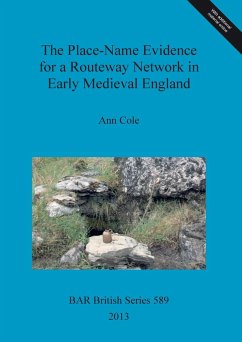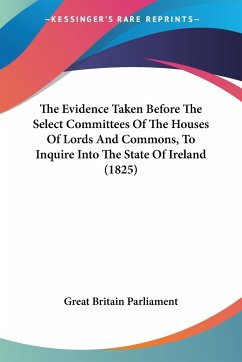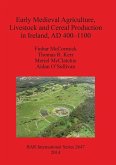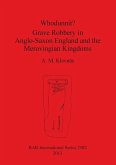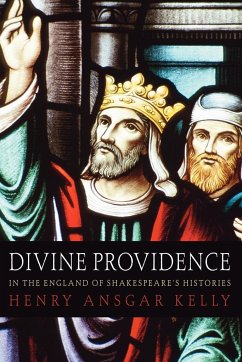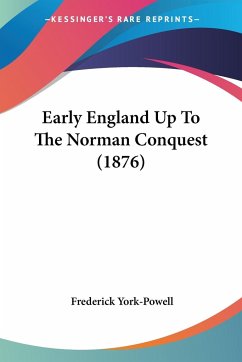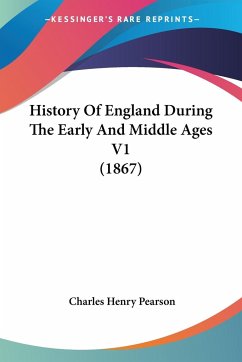This study uses place-names to suggest the major routes in use in early medieval England. Many Roman roads existing by the fifth century are known. Some fourteenth century routes in existence can be deduced from the Gough map of c.1360, and seventeenth century routes from Ogilby's road atlas of 1675. Between the fifth and fourteenth centuries there is little information about routes except in scattered charter boundary references. Here it is suggested that this gap can be partially filled using place-name evidence. Certain names such as Stratton, Drayton and Compton occur consistently by Roman roads and a few other old routes but rarely elsewhere. A string of such names along a route suggests that it was in use. Hythe and Eaton indicate waterways in use. The needs of travellers, possible destinations and how such a naming system may have arisen is considered.
Hinweis: Dieser Artikel kann nur an eine deutsche Lieferadresse ausgeliefert werden.
Hinweis: Dieser Artikel kann nur an eine deutsche Lieferadresse ausgeliefert werden.

